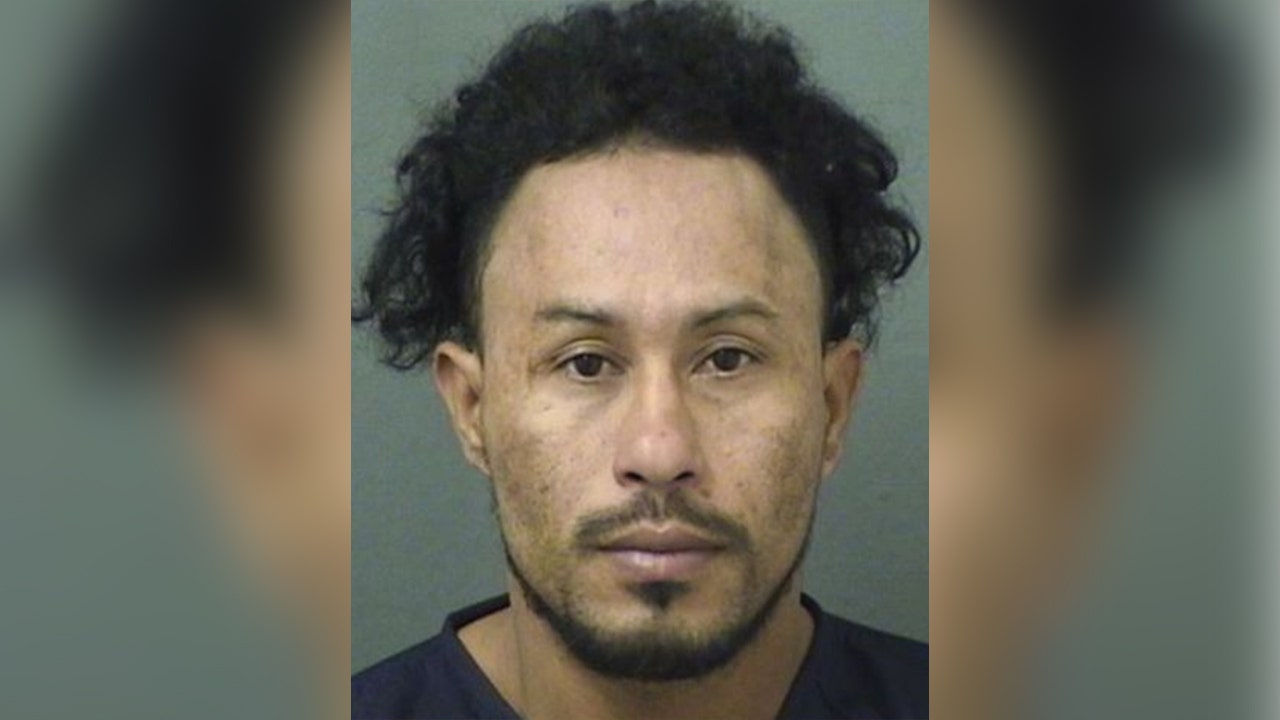When she arrived in Moscow, she stopped in customs before her transfer flight to Yekaterinburg, a smaller city where her Russian team was based. She loaded her carry-ons onto the conveyor belt at the security checkpoint and prepared to walk through the metal detector. She noticed agents pulling people out of line — all foreigners. “They were singling out anybody that didn’t look Russian,” she said. “I just felt like they were searching for something.”
At first, when they flagged her bags, Griner wasn’t too concerned. This was her eighth season in Russia; she paid taxes there and was familiar with the country and its laws. The customs agent asked her to search her own items, which she found unusual. As soon as she felt the cannabis-oil cartridge stowed in a zippered inner pocket in her backpack, her stomach sank. Medical marijuana had been prescribed by a physician in Arizona to treat her chronic pain, but it was illegal in Russia. “I was like: Oh, [expletive]. Oh, this is about to be bad,” she told me, and continued to detail the events of the day. Another cartridge was found in a roller bag. She panicked, calling and texting Cherelle and her family. No one answered. It was the middle of the night in the United States, and they were all asleep.
Griner was told to wait while the agent took the cartridges for testing, along with her passport. Other officials arrived and demanded that she sign a document in Russian. Nyet, she replied, pushing it away. She used Google Translate to look up another word: advocat, meaning “lawyer.” They pressured her to sign until she buckled, writing her name. The agents took her outside and loaded her into an unofficial-looking sedan and drove her to a redbrick building. The officials later came back with terrifying news: They had tested her cartridges and said they found 0.7 grams of cannabis oil total in two vape pens. Griner was charged with illegal drug possession and smuggling a “significant amount” of narcotics into the country, punishable by up to 10 years in prison and a fine of a million rubles, which was then about $15,000.
By now, Cherelle and Griner’s agent, Lindsay Colas, were awake. Griner had been able to send a location pin through WhatsApp of where she was being held, and Colas frantically arranged for a Russian lawyer, Alex Boykov, to meet her. When Boykov arrived, investigators continued interrogating Griner. They wanted to know why she was in Russia, why she was bringing “drugs” in, whom they were for. Afterward, she was handcuffed and squeezed into another tiny civilian car. For hours, she sat hunched over in pain as she was driven all over Moscow — a sightseeing tour from hell. The car finally stopped at a local detention center.
Griner was led to a cell and given some bedding for a discolored mattress. Her phone had been taken, but she had been allowed to keep a small bag of personal items, which she packed with some clothes and her Sudoku book. The room stank: A feces-stained hole in the ground served as the toilet. The prison guards brought her a milky porridge with a piece of oily fish that sickened her. She had no way to clean herself — no towels, soap, toothpaste, shampoo or deodorant. She ripped T-shirts into several pieces: for her teeth, for her body, for toilet paper. The bed was too small for her frame, and her calves dangled over the edge. Her old sports injuries flared up as she lay there, writhing in agony. The next morning, prison guards snickered outside her cell. She caught some English mixed with the Russian: “American,” and then, “basketball.” They flipped open the peephole and peered at her. “I’ve never been so dirty in my life,” she said. The degradation would push her to contemplate suicide. “I felt horrible.”






